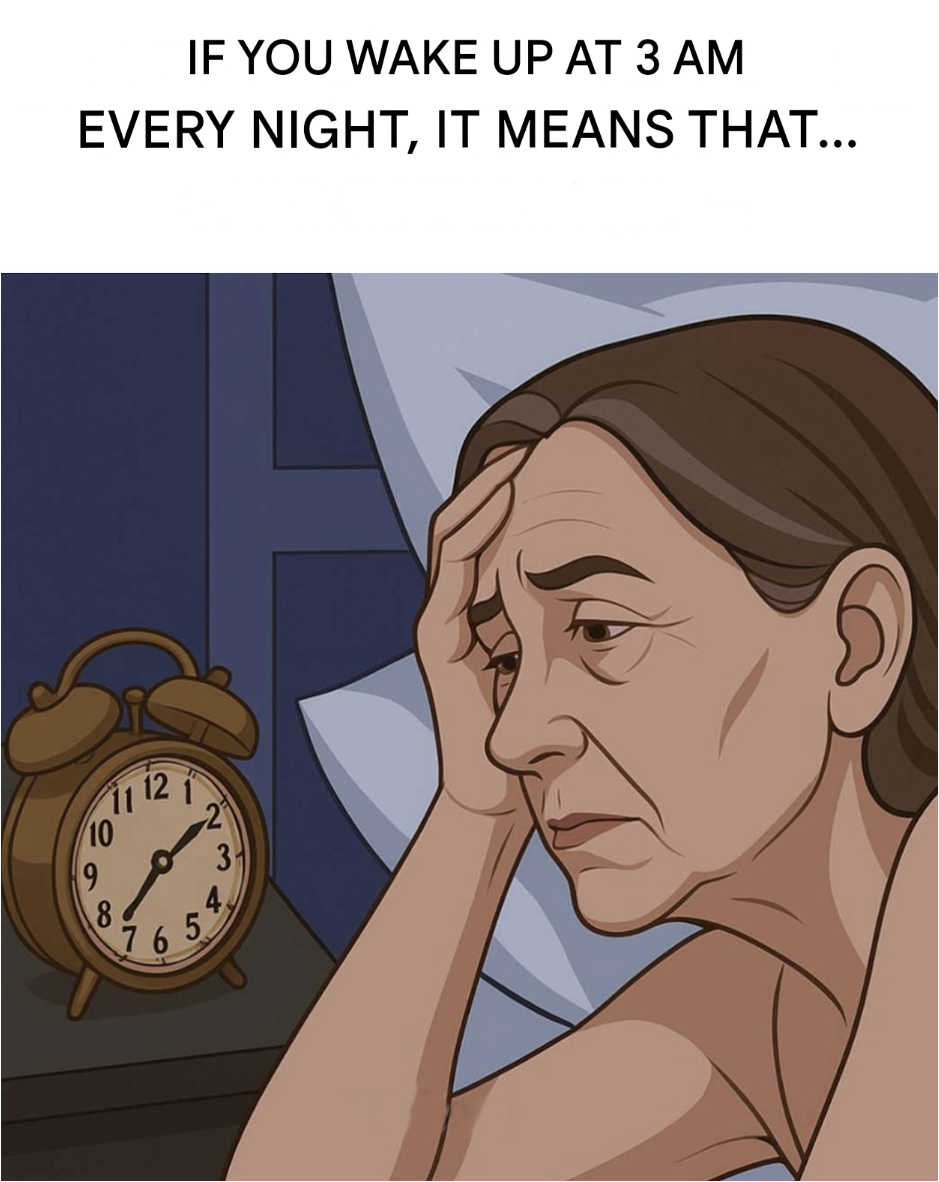
Hormonal fluctuations can be a real turn-off. Periods, pregnancy, perimenopause… these are all phases where estrogen levels yo-yo, affecting body temperature and sleep quality.
With age, the production of melatonin—the sleep hormone—also declines. This is a natural phenomenon, but it may explain more frequent awakenings in women over 40.
What you eat can wake you up (literally)
A dinner that’s too big, a caffeinated drink, a piece of dark chocolate that’s too late… And hey presto, your digestion kicks in in the middle of the night. The result: your body gets active when you’d rather it calm down.
To favor: a light meal in the evening , and foods rich in magnesium or tryptophan to promote quality sleep. Nature is full of unexpected allies!
Is your bedroom really conducive to sleep?

Sometimes it’s the little things that make all the difference: a night light, an outside noise, a duvet that’s too thick … All of these things can disrupt your night without you even realizing it.
Think about making your room a real cocoon: total darkness, temperature around 18°C , comfortable bedding… A little haven of peace just for you.
Screens, those sleep thieves
Do you still scroll through Instagram or TikTok before bed? You’re not alone! However, the blue light from screens disrupts melatonin secretion. So, it’s best to put away your phone, tablet, and other gadgets at least an hour before bed.
Instead? A good novel, some soothing music, or why not a calming podcast.
When should you consult?
If these awakenings become truly recurrent and affect your daily life, it may be helpful to talk to a professional. Not to medicalize at all costs, but to explore avenues such as possible insomnia or nighttime breathing problems.
Today there are gentle and personalized solutions , adapted to each profile.
